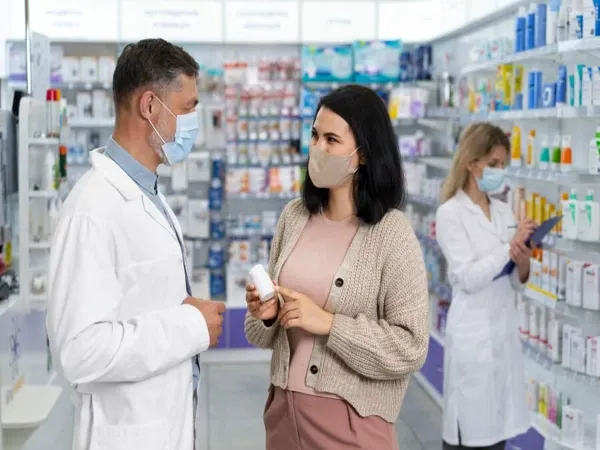As such, you are encouraged to seek out a healthcare professional, who can diagnose your health issue by looking at your symptoms, and prescribing medicines. If you approach a pharmacist directly, ask them informed questions before buying certain medications, as it is a matter of life and health. A pharmacist is a professionally qualified person with sound knowledge about medicines. Read on to learn about the seven key questions you must ask them.
Name Of The Medication And Its Use
It is important to know the name of the medication and understand its dosage and purpose. It can ensure that you take it correctly. Your pharmacist may be able to explain the medication's active ingredients; the conditions it can treat; and its dosage frequency and duration.
How To Take The Medication Correctly
Ask your pharmacist about the to ensure its effectiveness. It also helps to minimise side effects. Ask them about dosage timing (whether you should take them with or without food, in the morning or evening); whether you must swallow or crush the tablet; information related to the use of inhalers, injectables, or topical applications, etc.
Potential Side Effects
It is important to know about the potential side effects, as it can help you monitor and address concerns early. Your pharmacist can discuss the common side effects of medications; if they are severe (any allergic reactions); and how to mitigate them using dietary changes, complementary medications, etc.
Interactions With Other Medications Or Foods
Find out from your pharmacist if the prescribed medication can interact with other medications, or even with food, as it can be hazardous to health. Inform them about the prescription and over-the-counter medications, supplements you are taking (vitamins), and the possibility of food and beverage interactions.
Feeling The Effects Of Medication
You have the right to know about the onset and duration of the medication, to help manage your expectations. Your pharmacist can explain the time to efficacy (when your symptoms improve), the peak effectiveness of the medication, and when to taper and discontinue its usage.
What Happens If You Miss A Dose?
What happens when you forget to take your medication or take an additional dose? Ask your pharmacist about this. Accidental dosages are harmful. Find out what happens when you miss dose procedures; the symptoms of overdose; emergency actions; and how and when to contact your doctor.
Potential Allergic Reactions
Find out from your pharmacist if there could be some allergic reaction to the medication. Tell them about your or allergies that can impact medication safety. Inform your pharmacist about your medical history (diabetes, kidney disease, pregnancy); allergies in the past (to medication or food); laboratory test results, etc.
